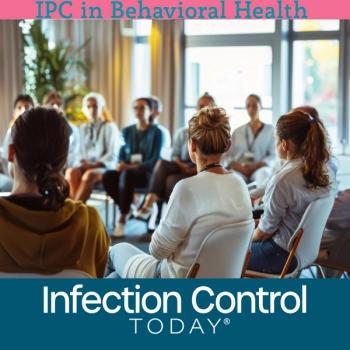
Infection prevention in behavioral health isn't one-size-fits-all. From PPE to hand hygiene, unique risks demand tailored solutions. Learn how to protect patients and staff safely and effectively.

Katharine Hoffman, MPH, CIC, LSSGB is the infection prevention community health program manager at JPS Health Network in Fort Worth, Texas.
Katharine has spent over 16 years in health care in various roles and subspecialties, including mother-infant care, pediatrics, immunizations, occupational and preventative medicine, and providing direct patient care as a certified medical assistant. Further education and training include a bachelor of science in health administration and health management and a master of public health focused on epidemiology.
With over 6 years of experience in infection prevention and control (IPC) and 2 years in public health, her work primarily focuses on process and quality improvement, medical device reprocessing, education, and training. In addition, Katharine facilitates the collaboration and standardization of IPC practices within over 40 community health primary and specialty care clinics, an ambulatory surgical center, and nearly 10 dental practices, including oral maxillofacial surgery and correctional health.

Infection prevention in behavioral health isn't one-size-fits-all. From PPE to hand hygiene, unique risks demand tailored solutions. Learn how to protect patients and staff safely and effectively.
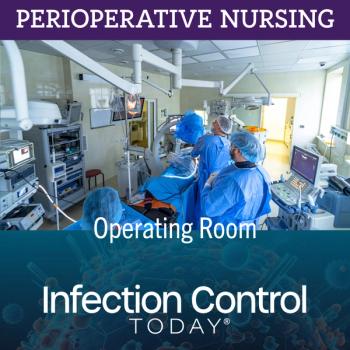
Reducing surgical site infections goes beyond sterile technique—factors like OR traffic, PPE, and workflow interruptions significantly impact infection risk and patient outcomes.
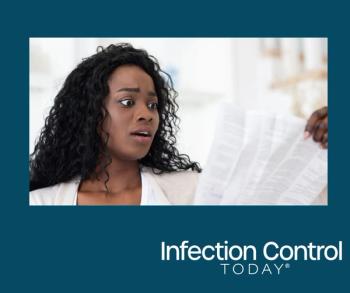
Katharine J. Hoffman, MPH, CIC, LSSGB: It’s time to take the devil out of the details in interpreting and successfully following manufacturers' instructions for use; why do manufacturers need to update IFUs?
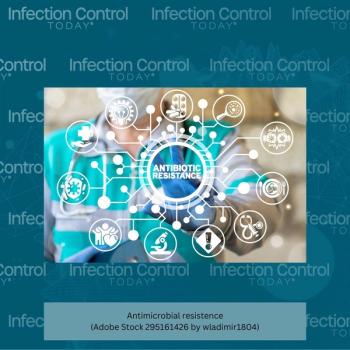
Discover the critical role infection preventionists play in combating multidrug-resistant organisms, from the impact on patient care to the challenges of treatment, and the evolving landscape of antimicrobial resistance with Katharine J Hoffman, MPH, CIC.

The role and responsibility of executive-level oversight in infection prevention is growing. Expertise, determination, consistency, and sustainability bring value to reducing healthcare–associated infections, preventing harm, and supporting a safe workplace.

Eye devices often are not cleaned nor sterilized as they should be according to manufacturer’s instructions for use, which leads to poorer patient outcomes.
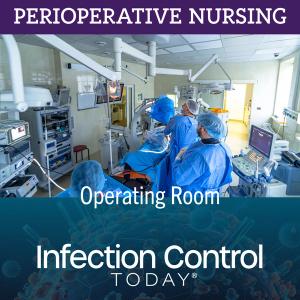
Published: April 23rd 2025 | Updated: